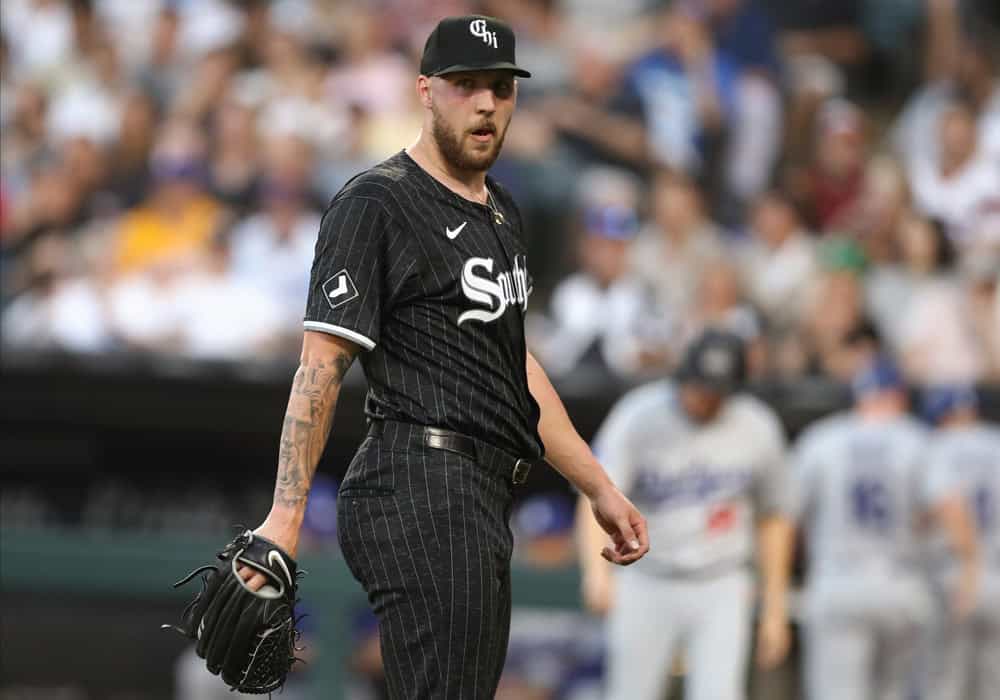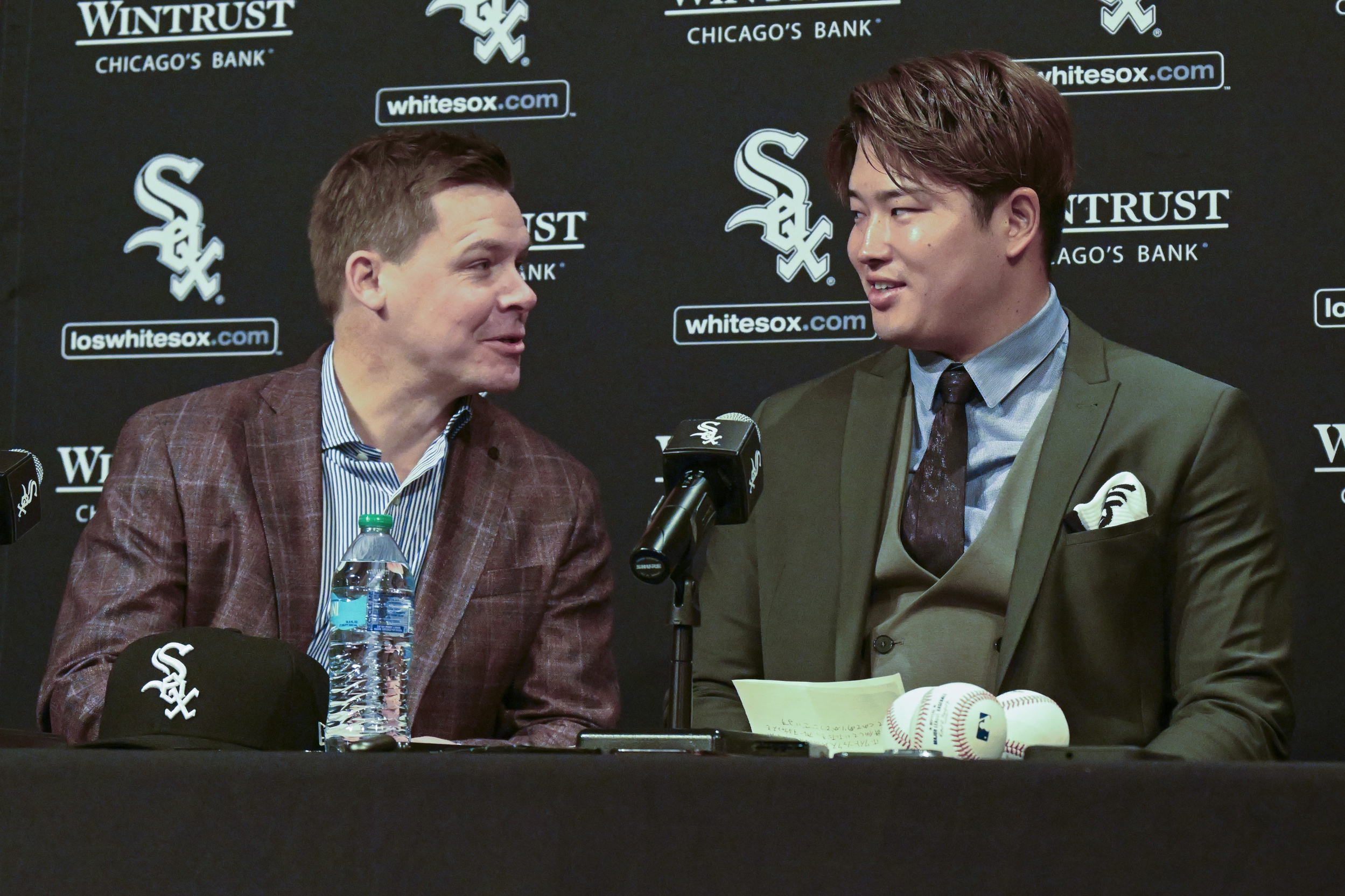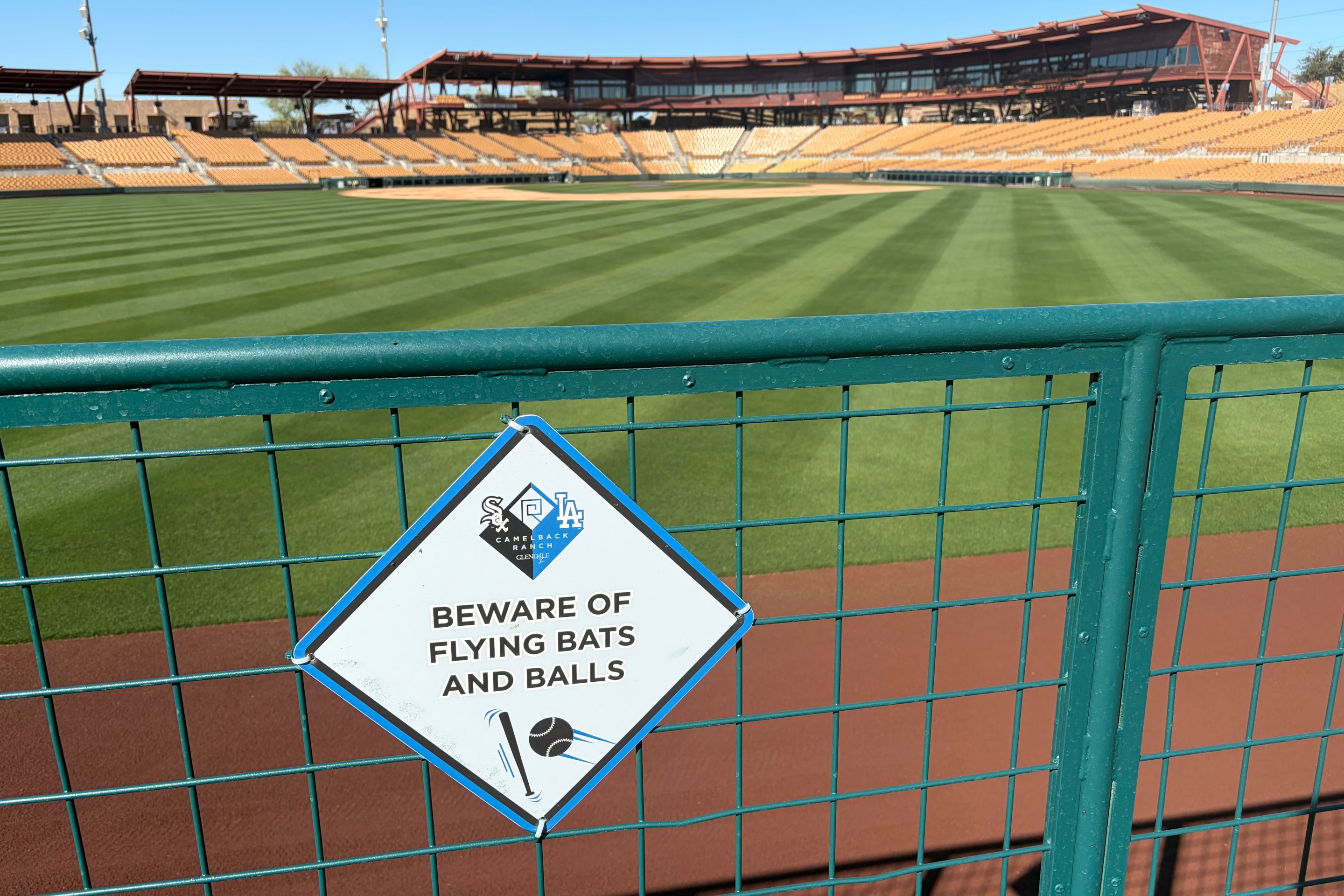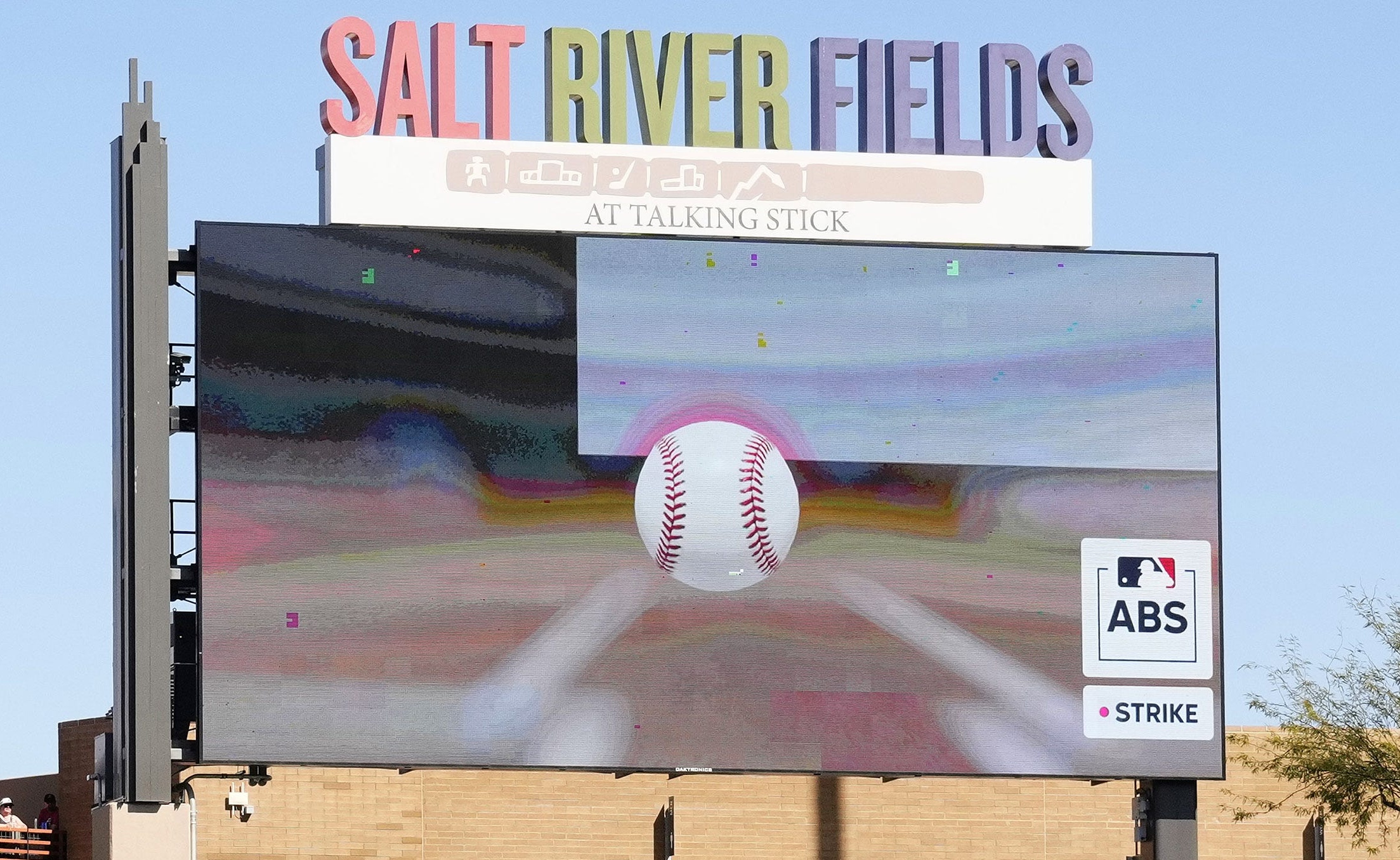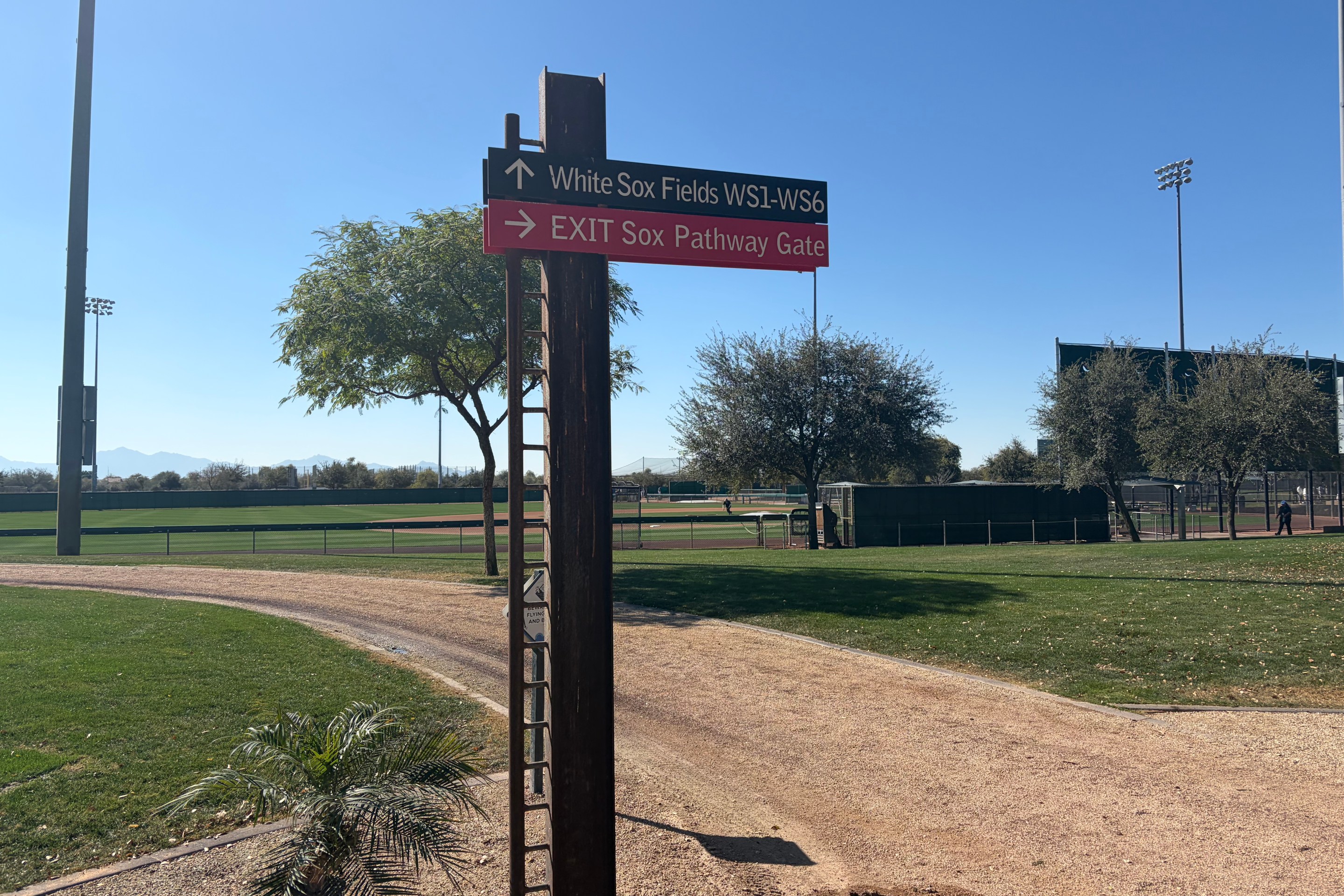Chris Getz's first trade deadline as White Sox GM was underwhelming on two fronts: He didn't make any organization-defining deals, and the trades he did make yielded seemingly light returns.
The latter point remains a sensitive subject. At the time, it was weird that he bundled his three most tradeable players -- Erick Fedde, Michael Kopech and Tommy Pham -- in the same swap, especially since it only returned three players, and it looks even worse considering Kopech is maintaining the form he showed at the very end of his White Sox career:
But that makes it harder to criticize Getz's inability or unwillingness to move Garrett Crochet or Luis Robert Jr., because if he couldn't effectively wrestle the time pressures driving the other deals he made, then the last thing anybody should want is a self-imposed mandate to move players who have years of team control remaining.
To this point, Ken Rosenthal painted a pretty underwhelming landscape for Crochet in a notebook on Saturday. He says the Phillies and Dodgers remained engaged into the last day of activity, but both withheld the prospects who would really make the deal worth doing.
According to sources, the Phillies did not offer righty Andrew Painter, who underwent Tommy John surgery in July 2023. And the Dodgers did not offer catcher Dalton Rushing, who recently started playing left field with All-Star catcher Will Smith in the first year of a 10-year extension.
Right-hander River Ryan was among the prospects the Dodgers made available, but the White Sox had concerns about his health after he first missed the first two months of the season with a sore shoulder. As it turned out, Ryan suffered an elbow injury that required Tommy John surgery after making just four major-league starts.
Whether teams were skeptical of Crochet's ability to pitch significant innings in September and October in the first place, or whether they didn't want to be pressured into an extension for the opportunity to find out, it sounds like Getz will only miss out on a more exciting return if something happens to Crochet between now and the end of the season. That probably explains why the White Sox don't feel compelled to push Crochet beyond four innings no matter how easy they are. (That matches their handling of Noah Schultz this season, so the Sox place some significance in that number.)
That part of Rosenthal's report is sensible. This part is not:
In addition to pure prospect deals, the White Sox also entertained offers in which they would have received lesser packages but gained salary relief. Outfielder Andrew Benintendi, owed the balance of his $16.5 million salary this season and a combined $47.5 million over the next three, is among those believed to be part of those discussions.
It's best to think of Benintendi as a James Shields-like presence on the payroll. He symbolizes the same kind of failed last attempt to prop up a window slamming shut, but given that the White Sox only have $41 million committed to their 2025 payroll, he's not going to prevent the Sox from reaching greater immediate goals. There's only one player on the market who would validate the strategy of depressing a trade value's asset to save money, and I don't think the White Sox are going to be clearing the decks to sign Juan Soto no matter how many homers he hits off them.
